By Bobby Hundley, UNC Health Foundation
Celia Mizelle has never experienced “normal” medical school.
The first-year Lucius Blanchard Carolina Family Scholarship recipient from Chapel Hill came to the UNC School of Medicine last fall after spending a year working and traveling following graduation, and the introduction to medical school she and her classmates have faced has been truly unique. Largely missing were the 200-person lectures and in-person socialization that are hallmarks of the first-year experience, replaced by virtual blocks and daily Zoom instruction.
It wasn’t a surprise for Mizelle, however, who had been in touch with friends who had gotten a taste of the virtual life last spring.
“Everyone was so impressed by how the school transitioned to virtual learning,” Mizelle said of her fellow students who were forced to move to virtual learning during the initial COVID-19 outbreak last March. “I felt really confident and happy that I had chosen UNC. I never felt like there was an absence of communication about what would be expected.”
That connective communication came from all directions, whether it was directly from the school through town hall meetings, from the Blanchard Scholars administrators or through fellow students like Ryanne Corder. Corder, a fourth-year Blanchard Scholar specializing in pediatrics who recently matched at UNC, says she sees the opportunity to mentor younger medical students as especially important right now.
“It’s hard coming into medical school without any idea of what to do, so I made it a point to reach out to the new Blanchard Scholars who have come in,” Corder said. “It’s something that fills my cup and makes me happiest to help other people.”
That outreach took many forms for Corder – emails and phone calls with first-year students, physically distant coffee meet-ups and general encouragement about how to manage the new responsibilities of medical school.
She is constantly impressed by how her younger colleagues are making it work without the full benefits of in-person instruction and normal social functions. “I don’t know how they’re doing it,” Corder said. “So much of how I learned and found a community here was meeting my classmates through events and small groups.”
But Mizelle gives mentors like Corder credit as well. “I feel like every interaction we have regularly with people from the School of Medicine has been so wonderful. (Ryanne) has been a really great source of wisdom and encouragement.”
“It’s more about the human connection”
While creating those connections has proved invaluable to School of Medicine students this year, faculty members are also buoyed by their interactions with students.
Koyal Jain, MD, MPH, FASN, an assistant professor in the Division of Nephrology and Hypertension and the Director of Undergraduate Medical Education in the Department of Medicine, credits the students for keeping everyone afloat during a time of such great uncertainty.
“The students contribute so much,” Dr. Jain said. “We forget how much the students teach us – it’s easy to get stuck in our ways and forget how things were as students, and they keep us grounded. They give value to the work that we do.”
Dr. Jain has worked specifically on creating connections with her students, even in Zoom lectures. Some of her techniques are as simple as rotating through her roster of virtual lecture-attendees and asking specific questions about how they are handling things and spending their time outside of class. She says that even in her renal block – a portion of the first-year curriculum that can be notoriously challenging in the best of times – students are still feeling a sense of community.
“They feel that human connection,” Dr. Jain said. “I try to connect with them, try to find out about their lives, join in the lecture early, share personal stories. It’s more about the human connection that can be lost virtually – we just do it together and think of ourselves as a team.”
A Day In The Life

One of the highlights of the nephrology curriculum this year was part of the Department of Medicine’s “A Day in the Life” series, where faculty try to supplement the basic knowledge of their lectures with a look into how certain specialties spend a normal day. In an attempt to further engage with her students, Dr. Jain called a diverse and motivated panel to shed some light on the world of nephrology.
Joined by Dr. Keisha Gibson, Dr. Jerry Hladik and Dr. Prabir Roy-Chaudhury, Dr. Jain took a group of medical students and undergraduates through an immersive look behind the curtain of a nephrologist’s life. For Mizelle and many of her classmates, it was an inspiring event.
“We study these body systems at a very granular level, and unless you have a lecture like that, it can be difficult to imagine your life in that field,” Mizelle said. “It was really inspiring to hear about points of uncertainty in career arcs and times they were humbled. It was just very real, and that’s even more important in the Zoom world.”
Dr. Jain credits the enthusiasm of her colleagues as well as the energy of the students for making the lecture – and the renal block as a whole – a success.
“I think the people in the panel are all strong advocates for nephrology but also wonderful human beings who love to educate,” Dr. Jain said. “They are all passionate about what they do. I also really think the credit is due to the students – they are the ones who wanted to know more and interact more, and they made the session and the block successful.”
For Mizelle, it’s just another reminder that the connections she’s made at the School of Medicine have been critical in her first year – for both students and faculty.
“I think one of the hardest things about this year is that it feels like a lot of people are at capacity,” Mizelle said. “It feels like everywhere you turn, people have a full cup right now. It’s not just a hard time to be a student. The faculty are so great at acknowledging that and helping us rise to the challenge in a supportive environment.
“Overall, I’m just so grateful to be at UNC and thankful for how everyone has committed to keeping us connected.”
For more information on the Blanchard Scholars program or how to support the UNC School of Medicine, contact Jeanine Simmons, Senior Executive Director of Development for Medical Education and Alumni Development, at jeanine.simmons@med.unc.edu.
